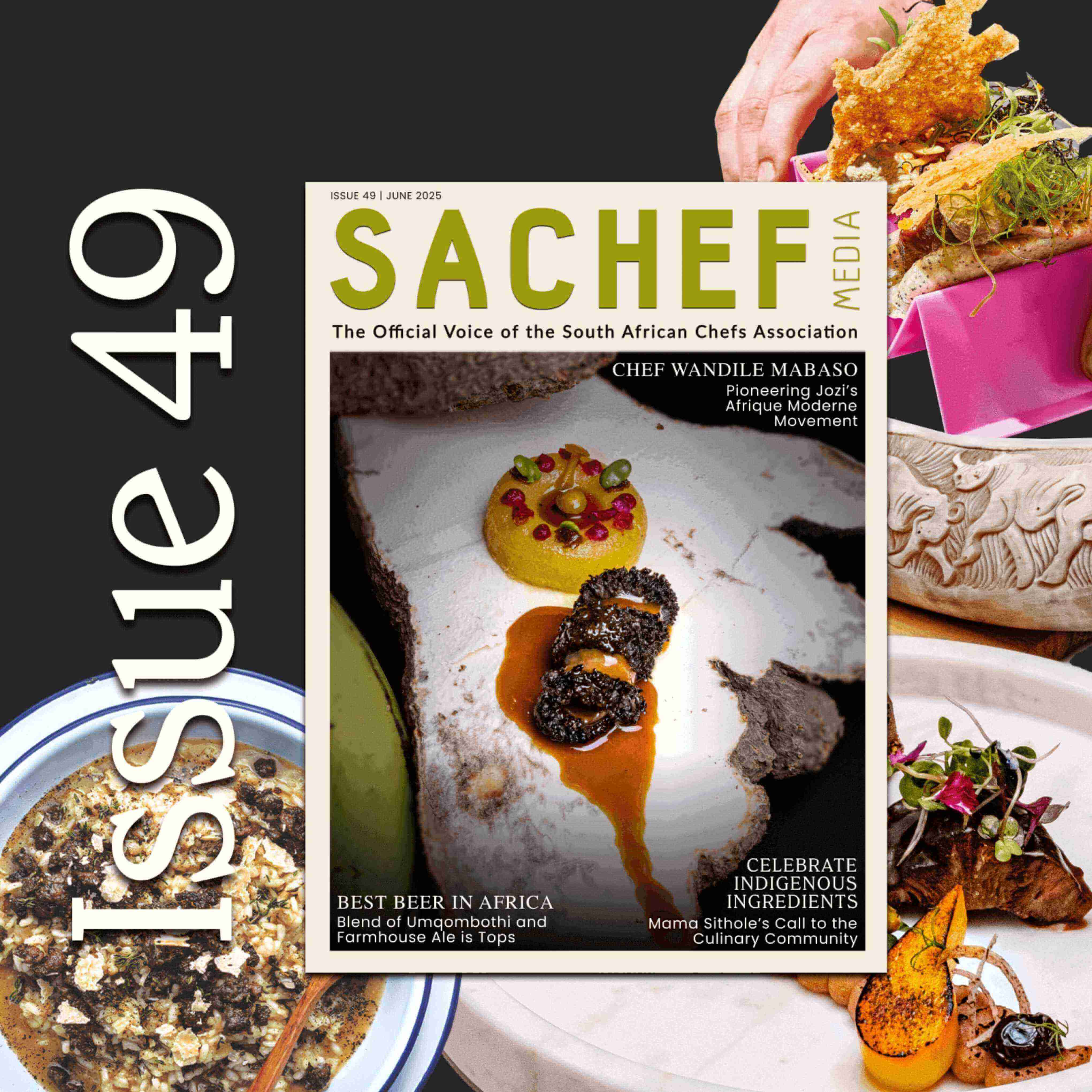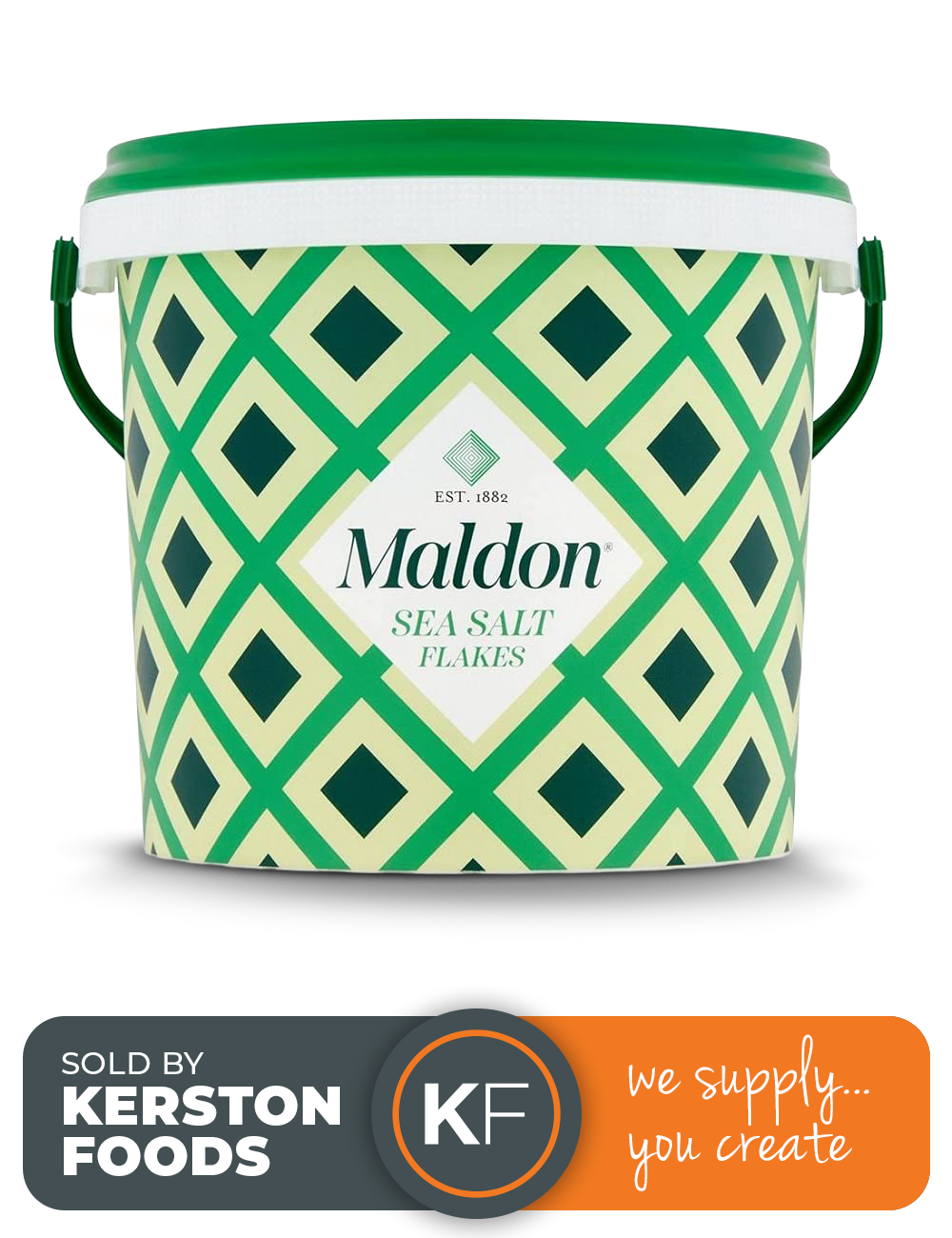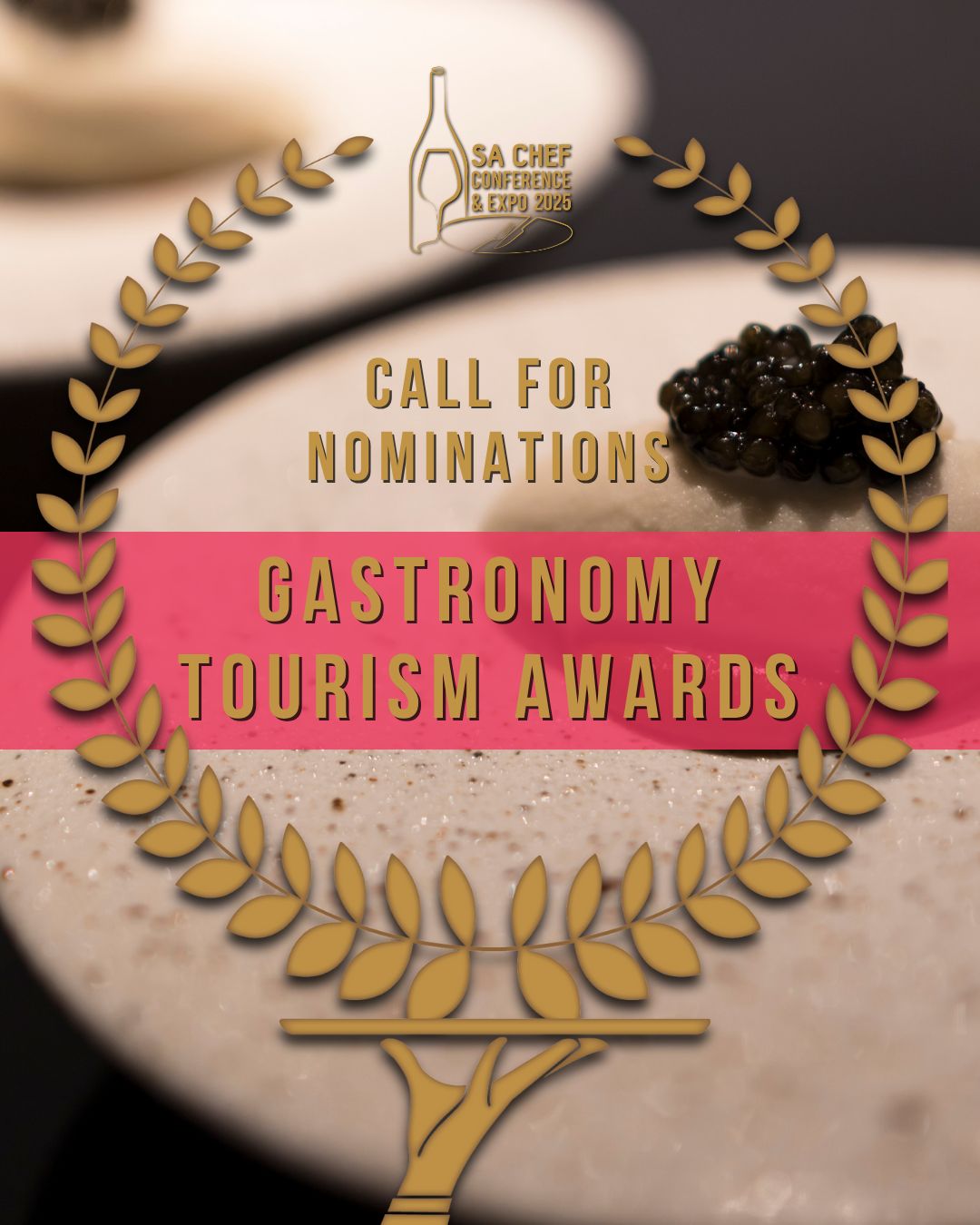Stellenbosch Farmer Leading the Way in Regenerative Farming
In a fast-paced society, what we eat, how it was made and where it originated from doesn’t often cross our busy minds.
Over the years farming has evolved so much to keep up with the demands of modern day living, it’s resulted in the world’s food production facing a crisis. There is a massive disconnect from the natural world and most importantly the origin of our food source. But this is changing. Driven by the desire to return to a non-corporatized, non-mechanised relationship with the earth and animals, the artisan farmer is making a comeback.
Perched on a little hilltop just outside the University town of Stellenbosch is Farmer Angus, one of two exclusively grass-fed, pasture-reared cattle farms found in the Western Cape. The 126 hectares of rolling green pastures is a testament to Angus McIntosh’s dedication to grass and microbe farming.
Here you won’t find cows squashed together in feedlots eating GMO grain, or crowds of broiler chickens stuffed into tiny metal cages. No, farms like Farmer Angus practice a technique called regenerative agriculture, which values the life of the animals and the land they graze on. This form of artisanal livestock farming offers a protein source that is high in nutrition and free of any hormones, antibiotics or chemicals.
Stockbroker to farmer
In his journey from stockbroker to farmer, what started out as a way for Angus to live off the land to feed him and his family has ended up evolving into something much greater than he could ever have imagined. Growing up in a farming family he learnt from his father who owned a conventional cattle farm in Kwa-Zulu Natal. As a young boy, he spent every school holiday barefoot, as he still does, eagerly helping his father and his Zulu farm workers carry out the daily farm duties.
Years later and after meeting his wife, Mariota, Angus pursued a lucrative career in London at one of the world’s biggest banks, Goldman Sachs. But as many South Africans who move abroad and start a family can attest to, is the strong calling to return home to offer their kids the chance to grow up close to nature under the African sun. So it was only a matter of time before Angus and his young family returned to settle on a 126-hectare farm overlooking Spier Wine Estate.
The farm is named Ezibusisweni, meaning the place of blessings in Zulu.
The Omnivores Dilemma
The family set out to build their first home, made entirely from clay. The plan was to create a home that could function entirely off the grid. At first, he wanted to only farm the land as a way to provide his family with organic fruit and vegetables. However after reading Michael Pollan’s, the Omnivores Dilemma, he became inspired to start livestock farming and so in 2008, the Farmer Angus brand was born.
They farm beef, pork, chicken and eggs. This was no easy feat though, with no formal training as a farmer Angus sought out the guidance of Christo Kok, a regenerative farmer, who mentored him for the first three years. Angus also devoted much of his time to studying permaculture. And so instead of following the conventional route his father took, Angus chose to apply biodynamic and regenerative farming practices and principles. He is dedicated to reviving the way farming used to be before the days of chemical fertilisers and herbicides like Glyphosate, anti-biotics and GMO.
Transformation through regeneration
10 years ago, the soil at Ezibusisweni lacked carbon and had very little signs of having healthy microbes, all essential for growing pastures rich in nutrients and ideal for cattle to graze on. Since then he and his team have worked hard to restore the soil. They’ve planted 126 hectares of multi-species and 20 000 trees and shrubs into the shelterbelts that surround the pastures.
The fruits of their labour can be seen bursting with colour in every direction. From bright purple flowers on the September Bush that attracts bees to the deep red Crimson clover that fixes atmospheric Nitrogen into the soil. All the plants growing here serve to restore balance and regenerate the soil microbes.
If more conventional farms began farming this way we’ll eventually see climate change reversing.
You are what you eat
Farmer Angus meat is like no other and it has a lot to do with the way Angus raises his animals. They receive the best in terms of nutrition and lifestyle. The cows eat only grass and are moved to different grazing areas on the farm four times a day; the pigs every four days; the broiler chickens every day; and the Eggmobiles that house the laying hens every day.
By constantly moving them it not only prevents overgrazing but also over-fertilisation. Because the manure and urine from the animals is the only fertiliser Angus uses on his pastures, it’s essential it doesn’t become over-saturated. As an experiment, vegetables were also planted behind the pigs in areas they recently grazed. The pigs prepare the land through fertilisation and all that’s left to do is to plant the vegetable seeds and water. 10 different summer squashes, as well as some maize, sweet potatoes and sunflowers, have all been planted with great success.
Meat-eaters rejoice
For meat-eaters, Farmer Angus is a godsend. None of his meat contains gluten, MSG, GMO, nitrites, nitrates, antibiotics or hormones. You can be sure you are eating a product that is of the earth in its most natural and nutritious state.
In conclusion and as Angus says:
“Regenerative artisanal farming is the only future of agriculture as it is the only form of agriculture that provides nourishing food, heals the earth and provides dignified employment.”
For more information go to www.farmerangus.co.za
Image: Carmen Lorraine Photography
Don’t miss out: Sign up for our newsletter HERE and engage with us on Twitter, Facebook, and Instagram!









